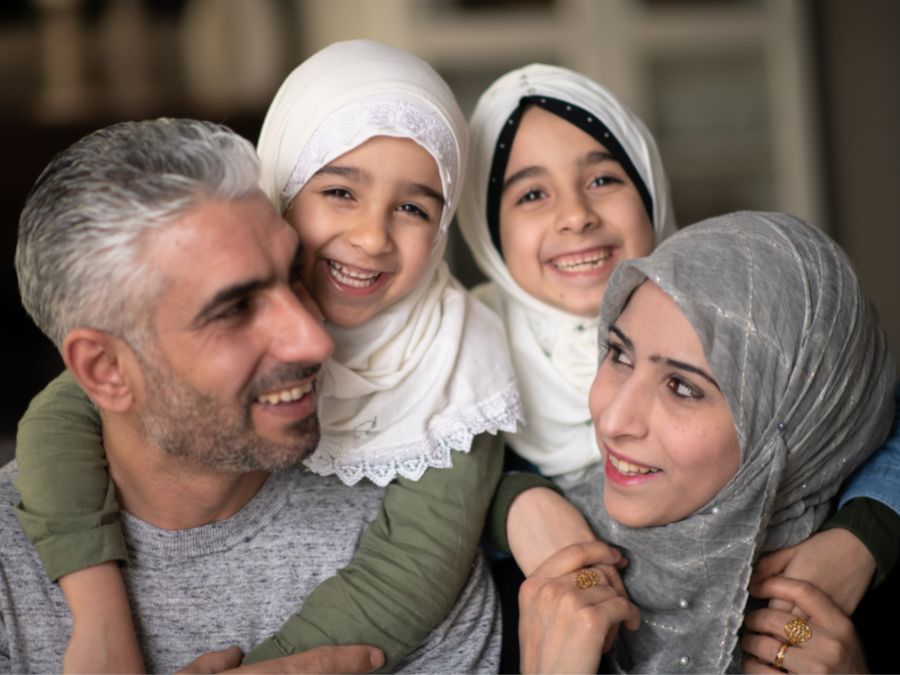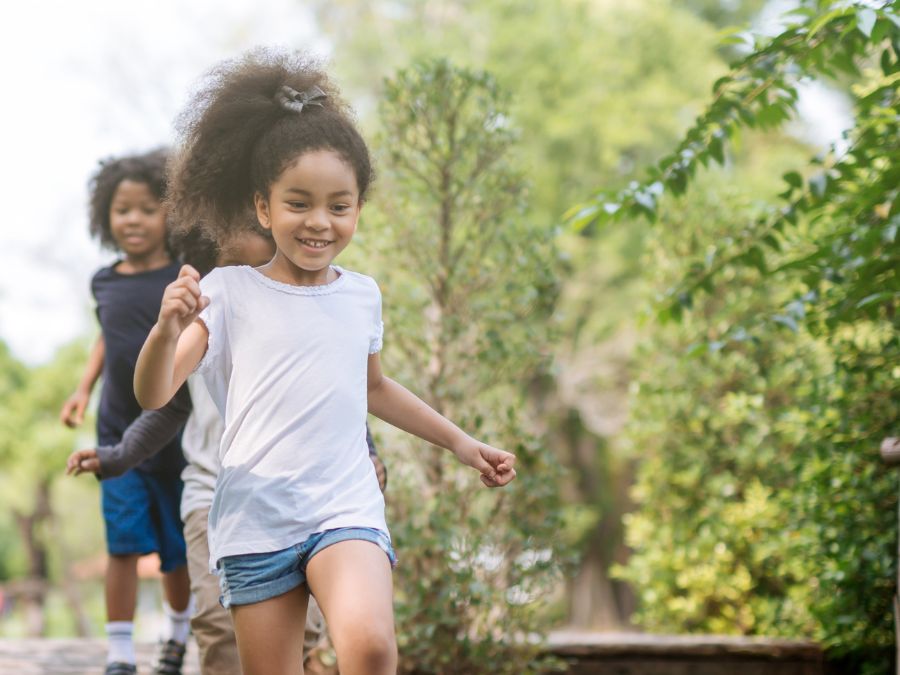
Below is an excerpt from a blog written by HOPE Director Robert Sege for the American Academy of Pediatrics. Dr. Sege discusses the results from a survey that asked over three thousand parents their experiences throughout the COVID-19 pandemic. He shares that even in the face of disaster families were able to find hidden rewards.
February 2020 started out like any other winter in Boston – cold and dreary. However, almost overnight, the world was changed by the pandemic and the dramatic public health response. As a child abuse pediatrician, I shared the great fear that child abuse and intimate partner violence would increase during the shutdown. To find out what was really happening at home, we joined with the American Academy of Pediatrics and Prevent Child Abuse America to conduct a national survey of 3,000 U.S. parents at three different times during the pandemic. The goal of this CDC-funded project was to measure risk factors of violence in the home. The survey asked parents about the impact of the pandemic and how their families adapted to the disruption of the pandemic. In the end, the complex results of the survey confirmed the resilience and strength of American families, even during this time of stress. They also identified opportunities to support families.
After many years in primary care, I wasn’t surprised the survey included good news. Overall, many parents said their families grew closer during the pandemic. For most families, the biggest change occurred when schools and preschools shut down, moving children’s education from the classroom to the home. Most children experienced significant educational disruption: less than one-third of school-aged children continued full-time in-person education as of March 2021. About half of all parents reported this was very stressful. However, most of these stressed-out parents (60%) also reported the experience allowed the caregiver and child to grow closer.
These survey results helped me realize the heartwarming stories I heard from my own friends and family members were common across the country. Many families across the country, living in different circumstances, found hidden rewards in the face of disaster. Parents’ comments also revealed the range of experiences children had with online learning. One parent reported: “The lack of motivation and exercise made it (remote learning) difficult for my child . . . she kept falling asleep over her laptop.” Another reported that “my son has been able to complete his schoolwork much earlier than during a typical day . . . so he has much more time for other activities.” The clinical lesson for pediatricians is clear: We should approach families with an attitude of curiosity.
Would stress disrupt positive parenting practices? Maybe not so much – even during the peak of the pandemic disruptions, only one in six parents disclosed their children were spanked in the past week. Although survey methods vary, a steady stream of surveys over the years suggests a decline in the use of spanking among American caregivers. The data in this survey suggest this declining trend probably continued during the pandemic.


